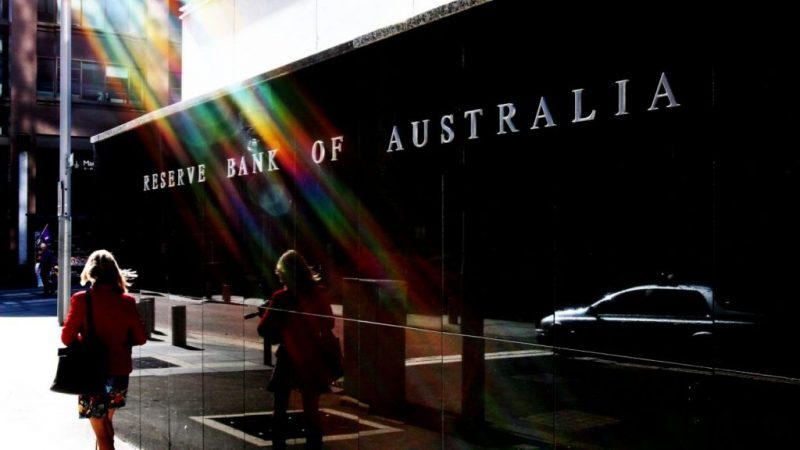- A release of internal documents from within the Reserve Bank of Australia show the RBA was privately more concerned about coronavirus than they publicly let on
- A freedom of information (FOI) request reveals, internally, there were RBA concerns about a 15 per cent drop in house prices in late March
- This contradicts the publicly-stated seven per cent forecast, which was announced in May as COVID-19 continued to wreak havoc on the economy
- In early April, an RBA staffer suggested asking the Federal Government to put a halt on the sale of established dwellings, to stop the perception that the housing market had crashed
- While the idea of a halt was ultimately ignored, the RBA said it believed the effects of COVID-19 had severely reduced turnover in the established housing market
- The RBA also identified a big risk within the construction sector, to which the Federal Government announced the HomeBuilder subsidy
- The HomeBuilder scheme is expected to cost $688 million, meaning around 27,000 people or couples will be approved for the subsidy
A release of internal documents from within the Reserve Bank of Australia show the RBA was privately more concerned about coronavirus than they publicly let on.
The freedom of information (FOI) requst reveals, internally, there were concerns of a 15 per cent drop in house prices in late March, not seven per cent as was later publicly stated in May as COVID-19 wreaked havoc on the economy.
Primarily, it seems those within the RBA were concerned about continued measuring of house prices while the market was essentially paused.
In early April, RBA staffer Nick Garvin suggested asking the Federal Government to put a halt on the sale of established dwellings, to stop the perception that the housing market had crashed.
He said as social distancing rules stemmed sales, a pause would show the housing market was in a unique situation that makes the usual data reporting misleading.
The idea of a halt was ultimately ignored, but in May, the RBA did state in its board minutes it believed the effects of COVID-19 had severely reduced turnover in the established housing market.
The newly-released FOI documents from the Reserve Bank also show there was a lot of concern about how coronavirus was going to affect the construction industry.
The RBA identified issues with overseas supply chains, low income growth and low population growth would likely adversely affect demand for new houses.
The Federal Government responded, and by June had announced a raft of measures designed to prop up Australia’s critical construction industry.
Amongst the announcements was the HomeBuilder subsidy of $25,000 for new homes or renovations priced between $150,000 to $750,000.
The subsidy is means-tested, with couples earning over $200,000 excluded, as well as singles earning over $125,000. New homes will also be capped at $750,000 while properties being renovated can’t be worth more than $1.5 million.
The HomeBuilder scheme is expected to cost $688 million, meaning around 27,000 people or couples will be approved for the subsidy.

